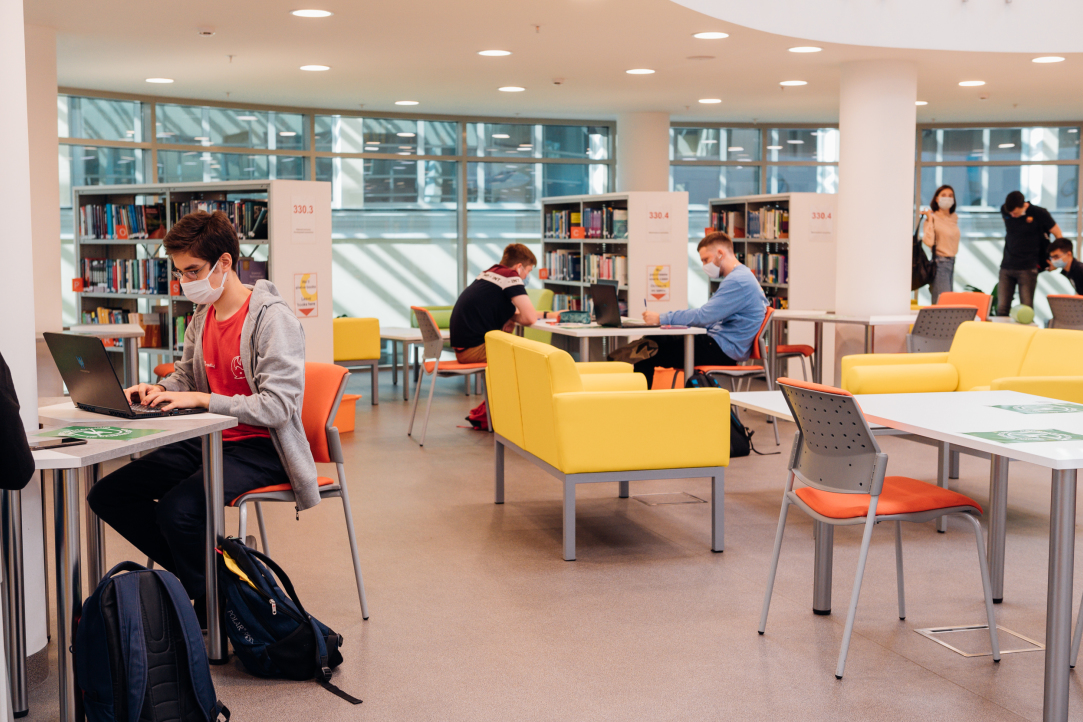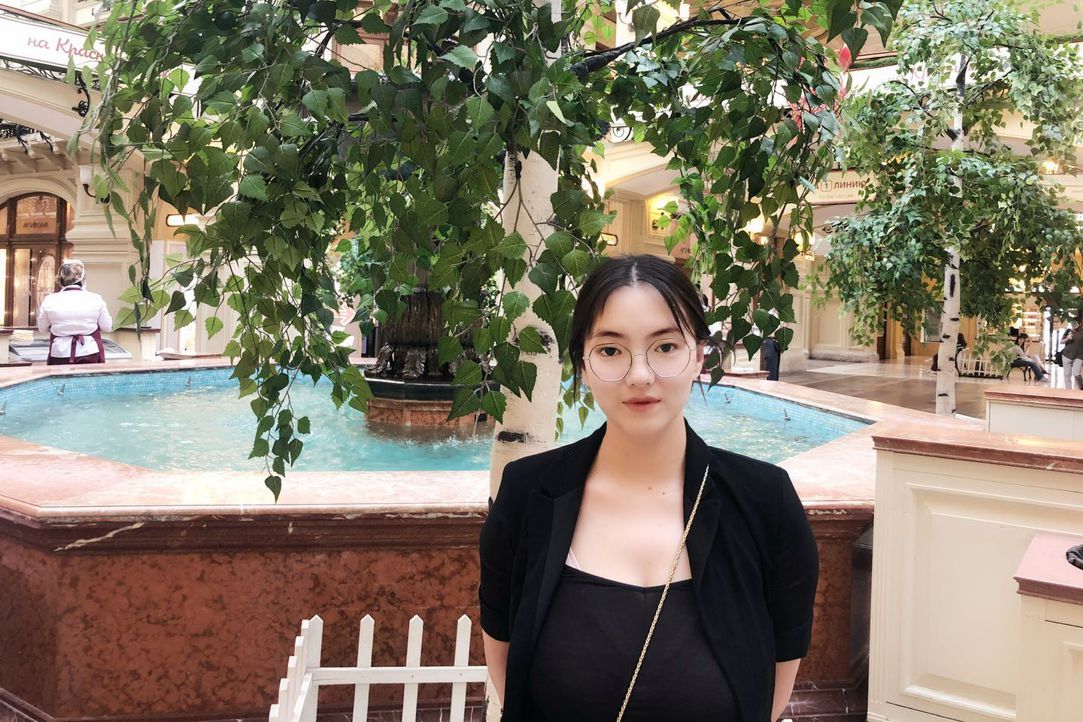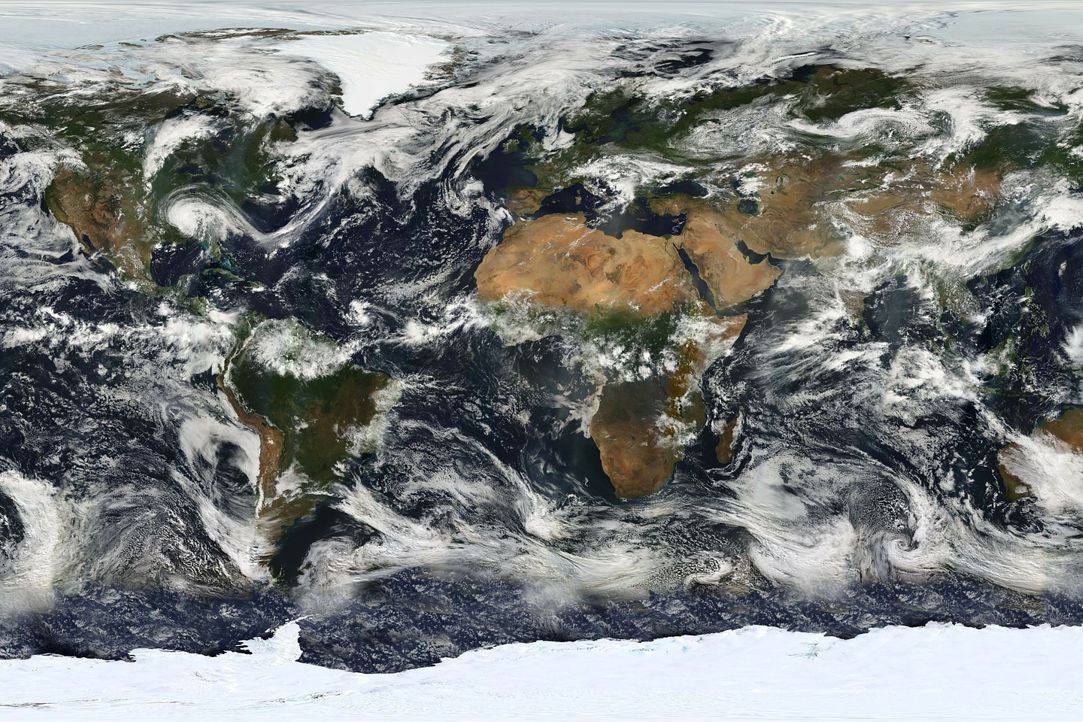
News

Professor Alexander Lukin, the head of the Department of International Relations and the International Laboratory for World Order Studies and New Regionalism, gave an interview to Global Times on September 1, 2020.

The website of the Valdai International Discussion Club published an article by a junior researcher and deputy head of the Asia-Pacific sector of CCEIS Anastasia Pyatachkova. The article "Chinese sanctions: now officially?" analyzes important changes that have occurred in China’s sanctions policy during the last few months.
There is a danger that by focusing entirely on the pandemic Russia and the international community might get distracted from addressing fundamental problems―devising and implementing a new, future-oriented ideological base and agenda for Russia’s foreign policy
Senior Research Fellow of CCEIS, Igor Makarov, took part in the scientific seminar “The Arctic Region: State Policy and Development in Conditions of Uncertainty”, which was organized by Valdai International Discussion Club.
On July 15, 2020, The Center for the National Interest hosted an online discussion on the topic «The World According to Putin: Debating Why World War II Happened»
The National Interest published an article by Olga Puzanova, research assistant at the International Laboratory on World Order Studies and the New Regionalism and lecturer of the School of International Affairs at the National Research University Higher School of Economics


